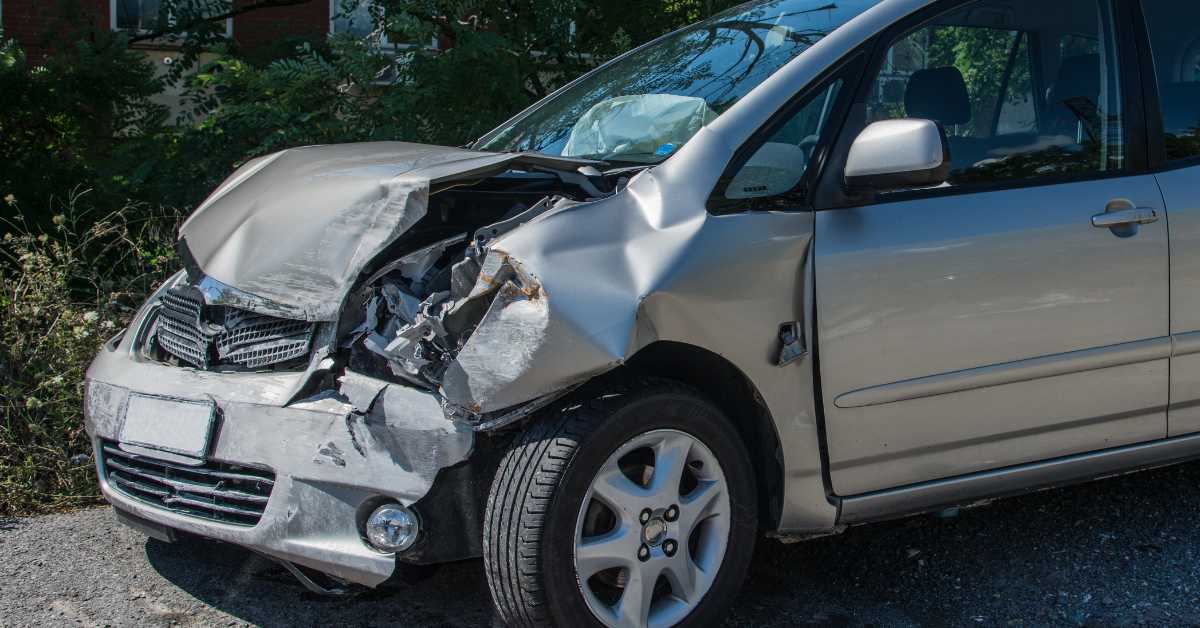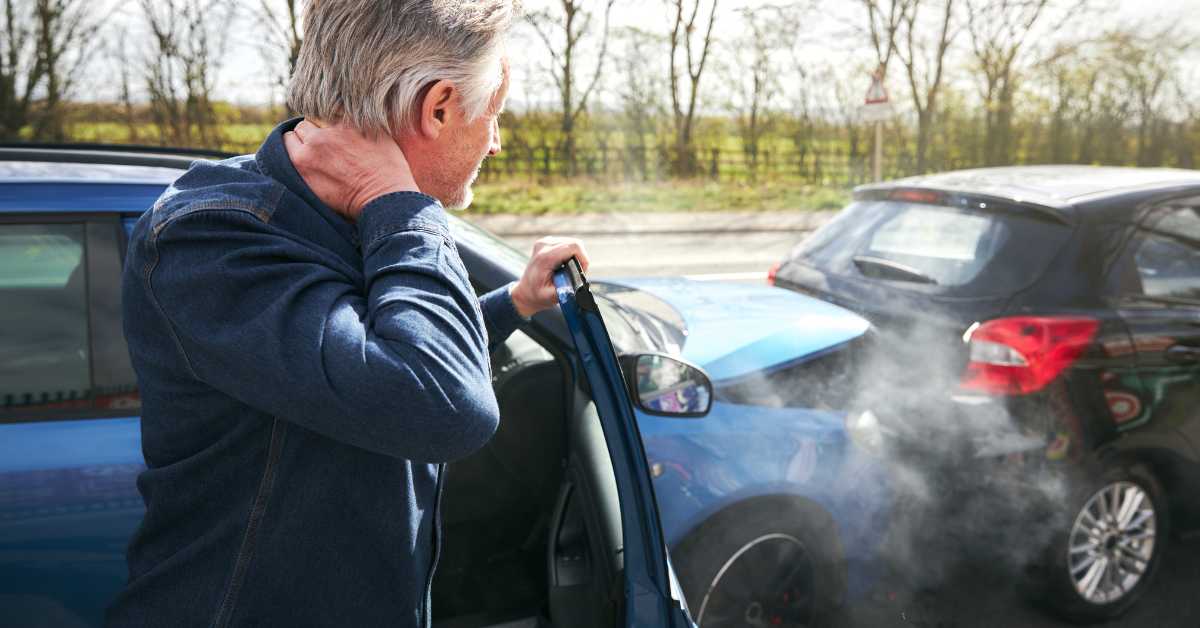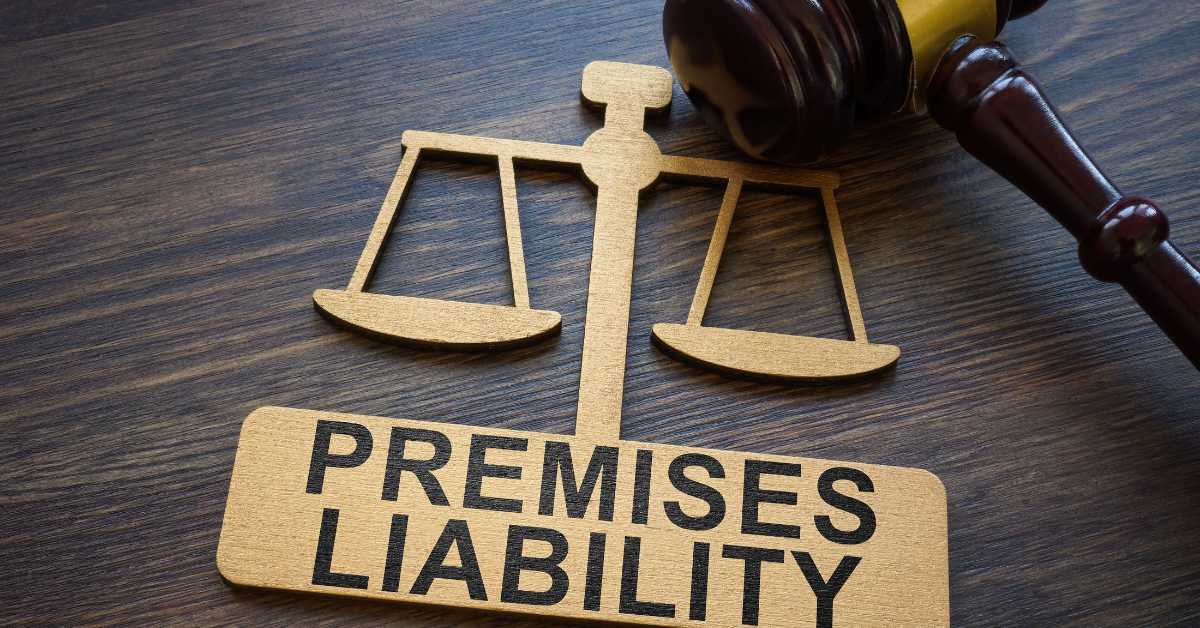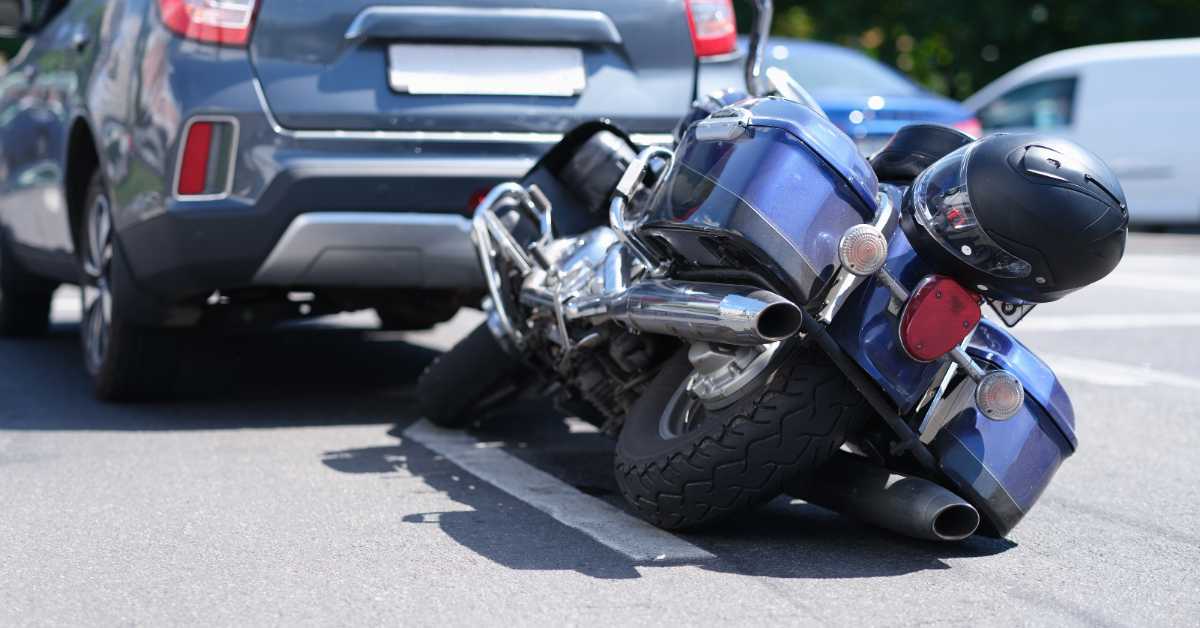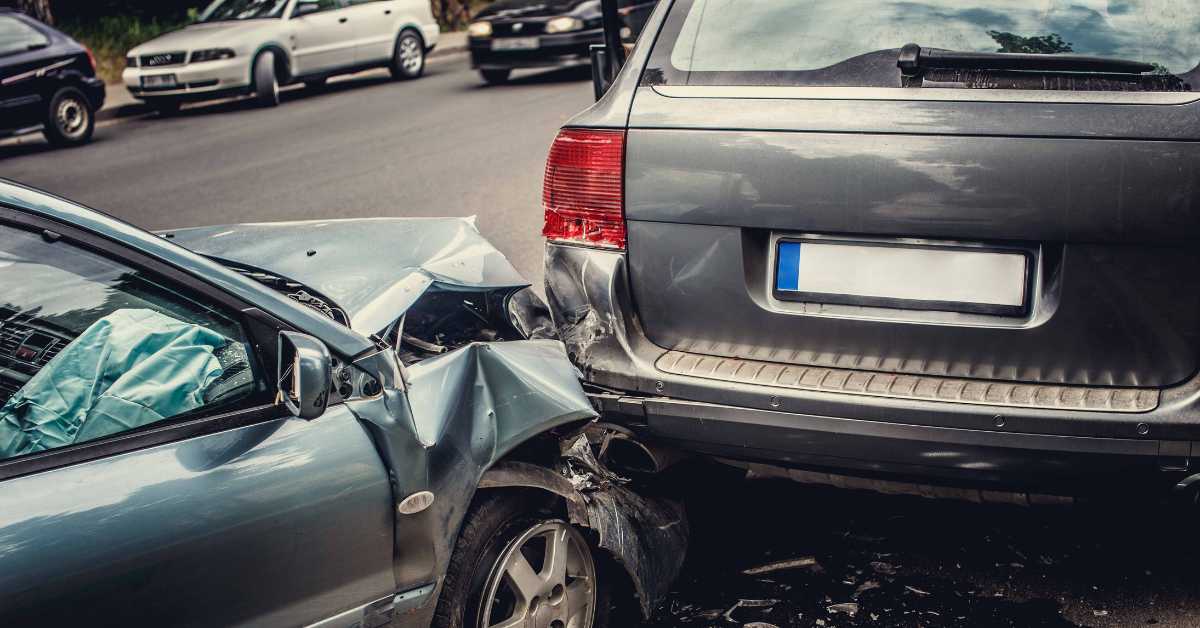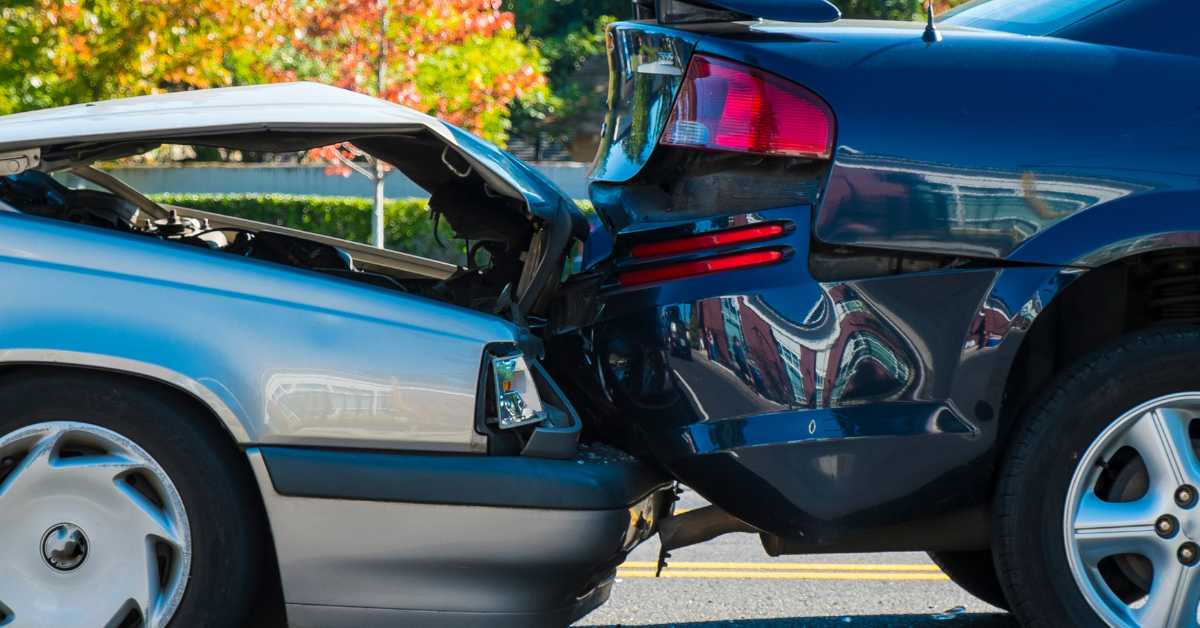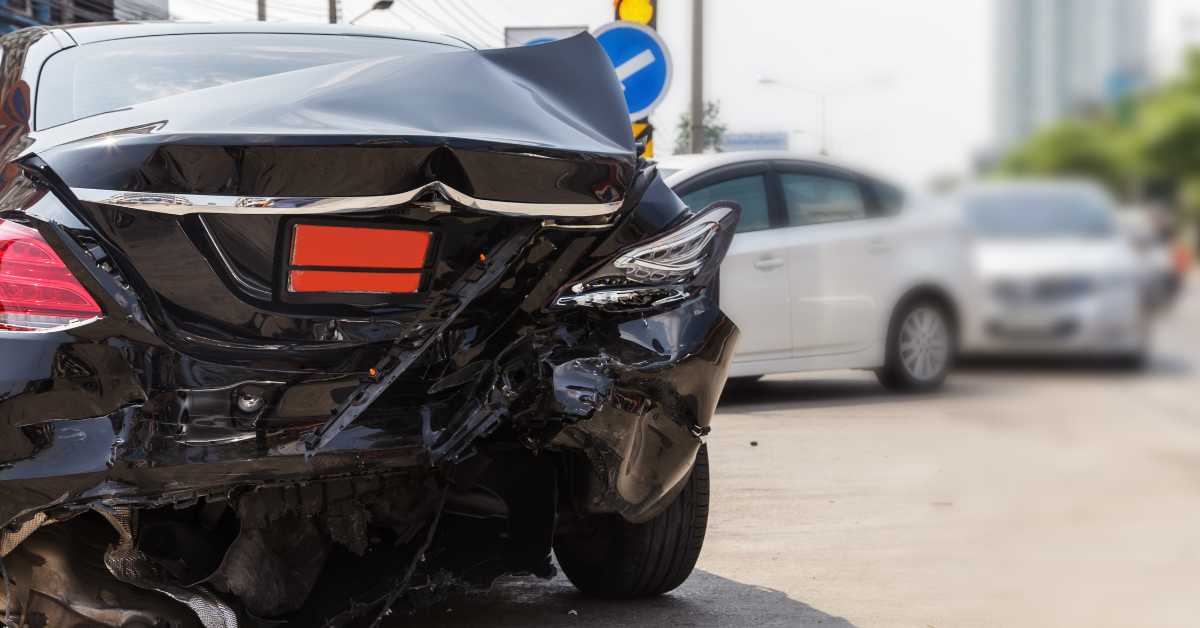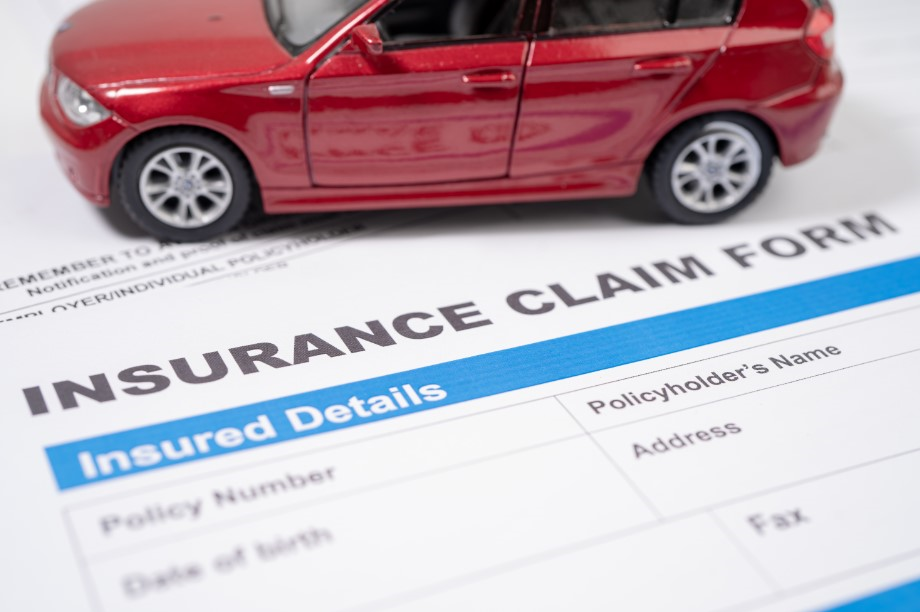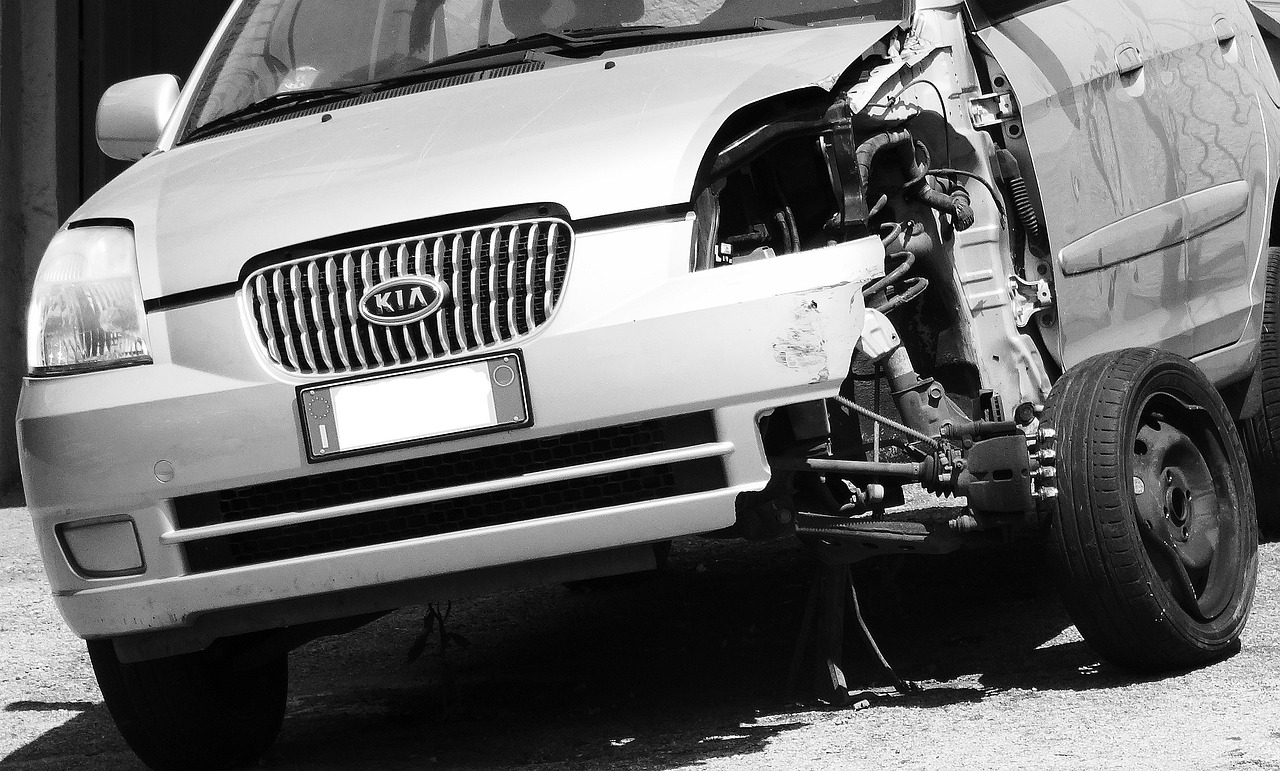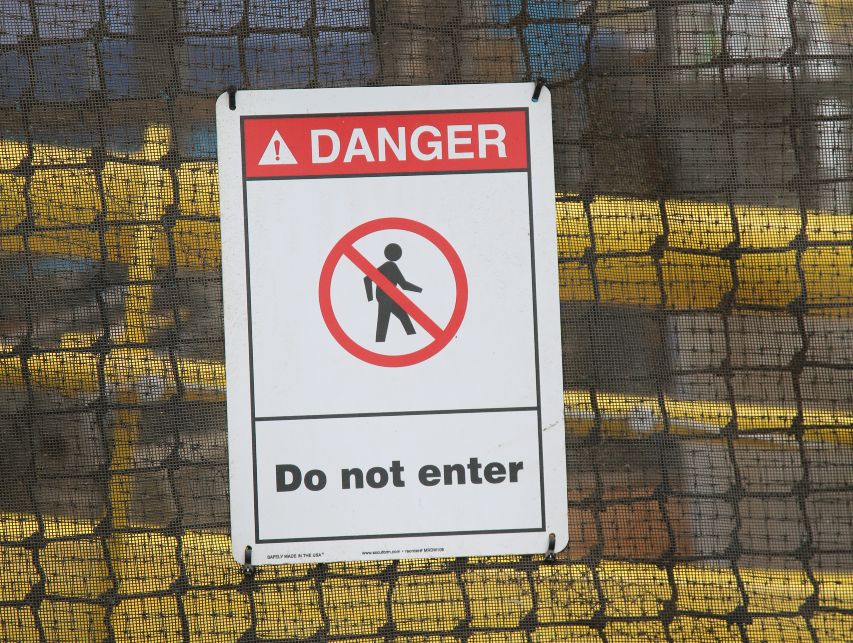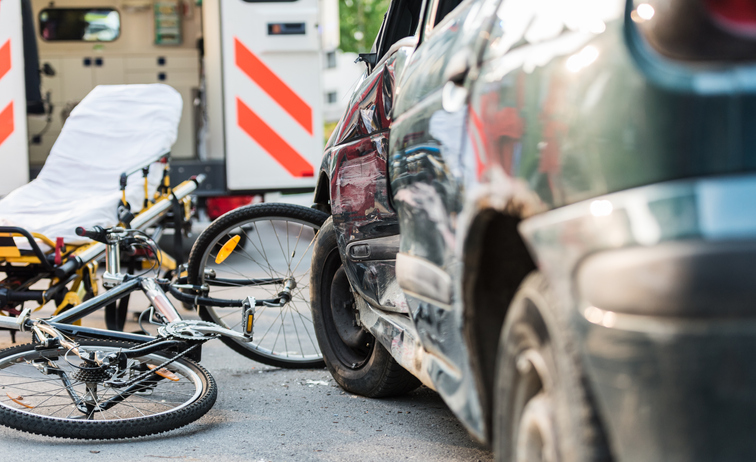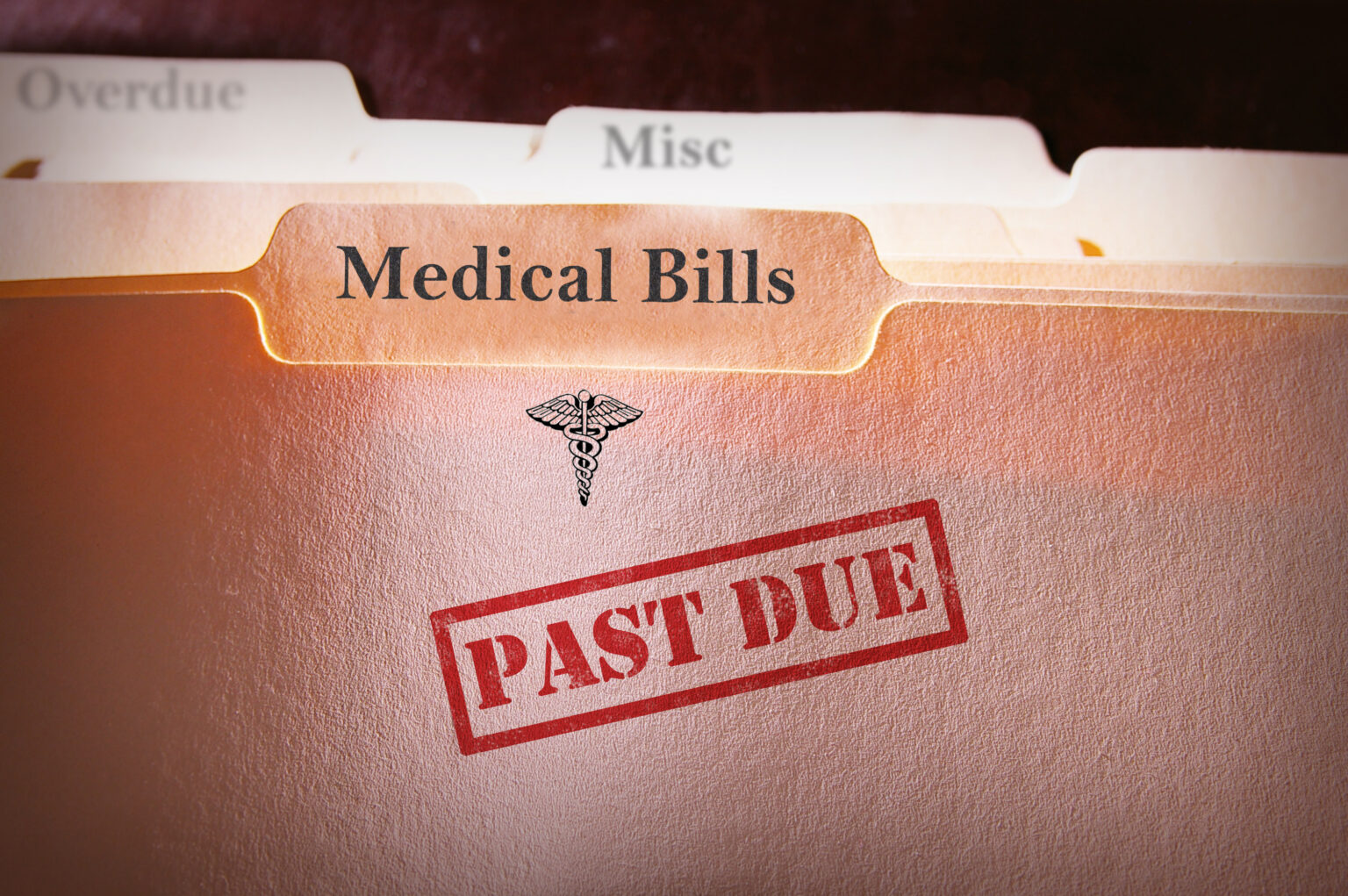Are Vaping’s Potential Benefits Offset by Risky Batteries?

Do you vape? According to government statistics, the use of electronic cigarettes is on the rise. As of 2014, the Centers for Disease Control and Prevention reported at least 9 million U.S. adults puff on e-cigarettes and teenagers are a target growth market. By some scientific measures, these battery-powered devices hold potential benefit for hooked smokers. But experts say, as with cigarettes, if you haven’t started, don’t start.
Setting aside the question of the health effects of vaping, which the government admits remains unanswered, there is perhaps a more pressing reason for users to be wary. Reports are on the rise of serious, even fatal, injury caused by exploding vape power sources – lithium-ion batteries.
Expect the unexpected
In addition to the death of one man in Florida, there are stories about others who have lost teeth and suffered facial burns when batteries exploded. One recent report out of West Michigan tells how a teenager suffered severe leg burns. Four batteries in his pocket, which also contained change, overheated and caught fire. His message to others now is, “Understand that it can happen to you too.”
Staying safe
Of course, that raises a couple of questions. How can you stay safe, and what can you do in the event you are injured or killed by one of these products? The answer to the second question is simple. Contact an experienced attorney as quickly as possible to learn what your rights for seeking compensation might beand how to protect them.
To address the first question, the Food and Drug Administration has assembled some tips for vapers to avoid battery blasts. These include:
- Pack loose batteries in a separate container. There are little pill boxes about the size of a quarter that might serve this purpose. The goal is to keep batteries away from other metals in your pocket.
- Look at using vape units with safety features. Features available in some devices include vent holes, firing button locks and protection against battery overcharge.
- Charge the battery the right way. Some units have USB or other ports that suggest any cord that fits will do to recharge the battery. To avoid a possible blast, though, only use the recommended charger. And don’t let it recharge overnight.
- Replace them when damaged or wet. Some devices have replaceable batteries. Some don’t. Wet or damaged batteries can mean trouble, so the FDA recommends replacing them for safety’s sake.
Bottom line, as with all matters of choice, it’s important to make decisions based on reliable information.
Categories:
Related Blog

How Can Birth Injuries Be Prevented and What Are My Rights If My Child Is Injured?

Roy T. Tabor of Tabor Law Firm Recognized in The Best Lawyers in America 2025 Edition

Pedestrian Safety in Downtown Indianapolis Has Become a Hot Topic. What Can You Do to Protect Yourself?

Bicycle Accidents are on the Rise in Indiana. What Can You Do to Prevent a Bicycle Accident?

Understanding the Causes of Motorcycle Accidents in Indianapolis: An Analysis of Recent Data

Indianapolis Drunk Driving Accidents and How to Handle them with a Personal Injury Attorney

Two Mothers & Two 12-year-old Daughters Killed in Crash While Headed to Volleyball Tournament


















